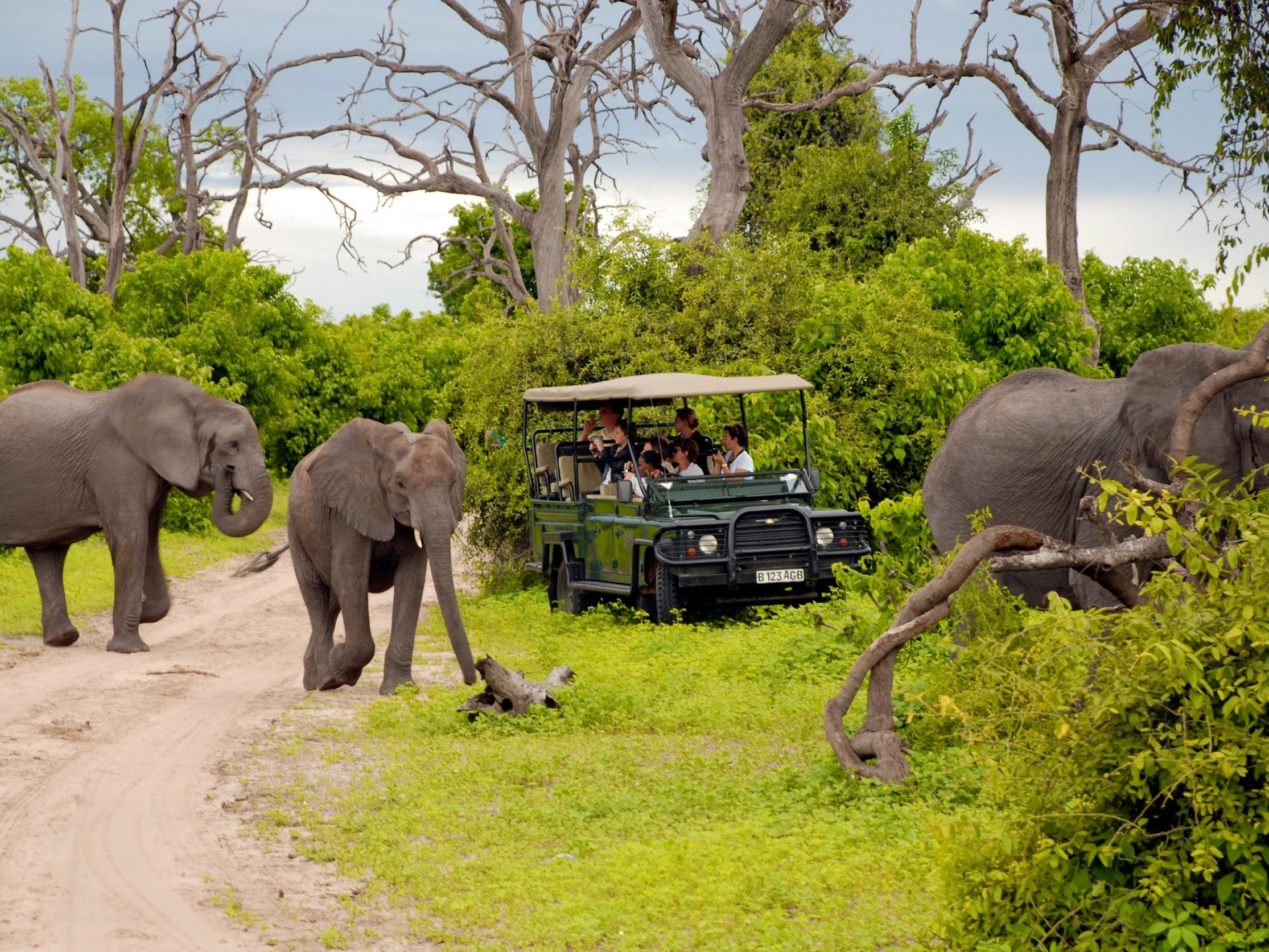Got a bucket list? It’ll cost you £428,000 to complete
Fifteen years’ salary – the cost of living the ‘experience’ lifestyle

You won’t fork out for a new sofa but you’ll save hard for the next ‘big trip’. You’re not that interested in owning a wardrobe full of designer clothes, but you can’t resist festival tickets.
You’re not alone. In fact, there’s a name for it. You’re part of the ‘experience economy’ and it’s a force to be reckoned with.
Though the term was coined in the late 1990s, the trend for shunning material goods in favour of getting out there to see and do really took off two years ago, heralded, bizarrely, by Ikea.
In 2016, the Swedish ‘stuff’ leviathan’s chief sustainability officer, Steve Howard, told the world the West had reached ‘peak stuff’, that the boom consumerism of the 20th century had left us feeling claustrophobic and jaded.
These days we spend what money we have on living for the moment, making the most of our time. Despite a squeeze on household finances last year, Barclaycard found our entertainment spending was up 10 per cent. At the same time, 2017 saw the lowest growth in retail spending for four years.
But our new-found love of the life, rather than the stuff, doesn’t come cheap.
New research from ‘life curation’ website wishLockr this week totted up the cost of the average lifetime bucket list and found it will set us each back £428,246 – 15-and-a-half years’ worth of the average annual salary.
What’s on the list? Traditional life goals like getting married certainly make an appearance. but our top ten is dominated by adventure experiences. We’re more concerned about swimming with dolphins and going on safari than having children.
Top 10 bucket list goals vs average cost
| 1. |
| Get married
|
| £27,161 |
|
| 2. |
| Swim with dolphins
|
| £298 |
|
| 3. |
| Visit every continent
|
| £3,495 |
|
| 4. |
| Go on safari
|
| £3,849 |
|
| 5. |
| Have children
|
| £231,843 |
|
| 6. |
| Design my own house
|
| £146,000 |
|
| 7. |
| Skydive
|
| £249 |
|
| 8. |
| See my favourite band live
|
| £59.94 |
|
| 9. |
| Climb a mountain
|
| £2,690 |
|
| 10. |
| Start my own business
|
| £12,601 |
|
|
|
| Total: |
| £428,245.94 |
|
Source: wishLockr
Around a fifth of the UK population – roughly 14.4 million people – have made a bucket list of the things they want to achieve.
Men prioritise swimming with dolphins, skydiving, climbing a mountain, going on safari and visiting every continent over getting married. However the feeling isn’t mutual among women, with 40 per cent of them choosing getting married as their highest priority bucket list goal – making it the top goal for women.
Men vs Women: Top 10 bucket list goals
|
| Men
|
| Women |
| 1. | Visit every continent
| 1. | Get married |
| 2. | Go on safari
| 2. | Swim with dolphins |
| 3. | Skydive
| 3. | Have children |
| 4. | Swim with dolphins | 4. | Go on safari |
| 5. | Have children
| 5. | Visit every continent |
| 6. | Climb a mountain
| 6. | See my favourite band live |
| 7. | Design my own house
| 7. | Design my own house |
| 8. | Get married
| 8. | Write a novel |
| 9. | Join the mile-high club
| 9. | Start my own business |
| 10. | See my country win the World Cup
| 10. | Skydive |
Across generations too, there are some odd differences.
One in ten of the online generation – that is, 16 to 24-year-olds – said they wanted to go viral, which isn’t so surprising. But the fact more of them hope to ‘run through a field of wheat, Theresa May-style’, is a little less predictable.
Meanwhile, a fifth of 65 to 74-year-olds want to join the mile-high club and/or get that all-over tan on a nudist beach.
Whatever your age and, erm, aspirations, be warned.
Not only is it your bucket list going to cost you, some psychologists warn remarkable experiences like these can be all-encompassing in the moment but could be socially damaging afterwards, as ‘ordinary topics’ are the ones conversations and social interactions thrive on.
Subscribe to Independent Premium to bookmark this article
Want to bookmark your favourite articles and stories to read or reference later? Start your Independent Premium subscription today.

Join our commenting forum
Join thought-provoking conversations, follow other Independent readers and see their replies